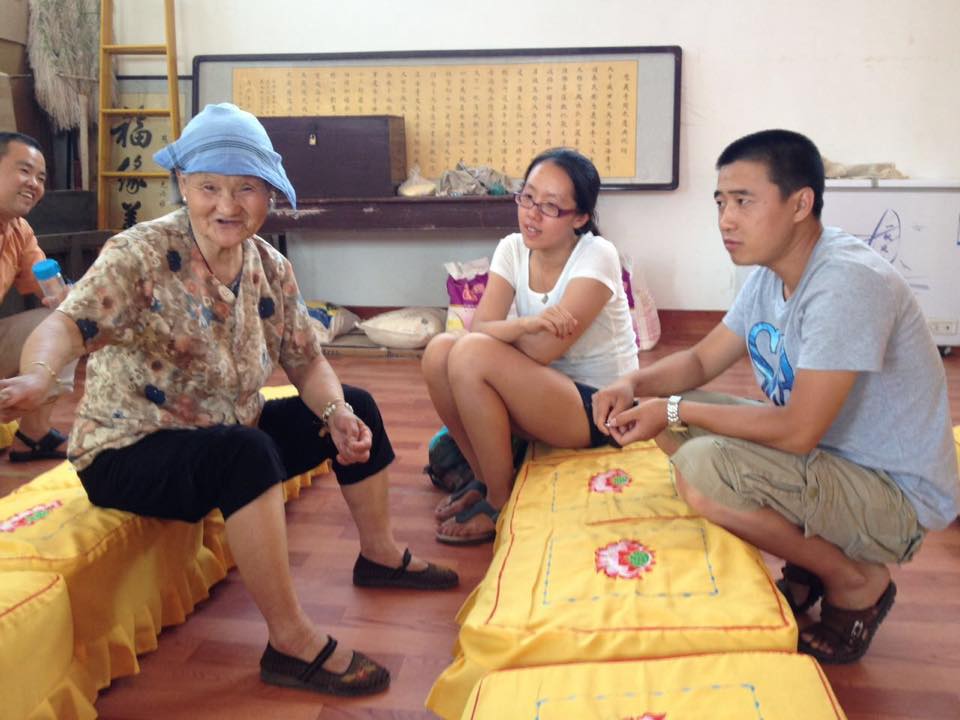“House and wealth are inherited from fathers, but a prudent wife is from the Lord.” Proverbs 19:14
It always comes as a surprise to me how severe gender discrimination remains when I visit my relatives in rural China. Men, designated as household leaders, have power to decide everything regarding production and finance while women are in a subordinate position. However, such power imbalance has begun to change in recent years with the emergence of rural out-migration. As men moved to work in big cities, women were left behind in the villages to manage production and financial matters in the households. I am therefore interested in exploring if females, as new household leaders, manage their households differently than males. In particular, I wish to examine if female and male household leaders differ in terms of their risk attitudes and lending behaviors.
My study uses data from a survey that my advisor, Professor Calum Turvey, and I designed and implemented in collaboration with the Northwest Agriculture and Forestry University in Shaanxi, China in 2010. The survey covers 750 rural households in Shaanxi and Gansu provinces and asks a series of questions to indirectly elicit household leaders’ perceptions of production and management risks (including risks from using new farm management practices and new technologies) as well as their involvement in informal lending with relatives and friends. We also collected data on the gender of the leader as well as other control variables.

In the first part of my study, I compared three aspects of risk perceptions of female and male household leaders – awareness of production risks, willingness to take risks, and actions taken to hedge risks. So as to assess production risks, I asked each respondent to report his/her estimate of the lowest possible, highest possible, and most likely price for the major crop they grow. I then used this data to simulate a probability distribution for each respondent’s beliefs. By comparing the skewness measure for subjective evaluation of downside risk, I find that female household leaders are more aware of risks than are male household leaders. Similarly, the survey asks two sets of questions on each household leader’s willingness to take various production/ financial risks and their actions to hedge risks. I find that female heads of household are less willing to take risks and are more active in using risk management tools. These three sets of comparisons together indicate that women as household leaders are more conservative in managing risk.
In the second part of my study, I performed a regression analysis to identify the linkage between risk attitudes and lending behaviors. I used a discrete choice model while controlling for endogeneity to show that the key drivers of lending decisions include expectation for reciprocity and willingness to take risks. That is, respondents seek future returns when they lend. Also, the more willing a person is to take risks, the more likely he or she is to lend to others. Therefore, female household leaders are less likely to be involved in risky informal lending behaviors.
The policy implications of this research are twofold. First of all, our finding that female heads of household are more risk averse in production and are less likely to get involved in informal lending behaviors supports the improvement of female’s social status in rural China in that it demonstrates that females are responsible household leaders. Hopefully the household structure change resulting from rural out-migration will provide rural females with more opportunities to reveal their abilities. Secondly, since female household leaders are more active in risk management and less likely to get involved in informal lending, the market potential for rural banking and risk management tools such as crop insurance should not be underestimated.

